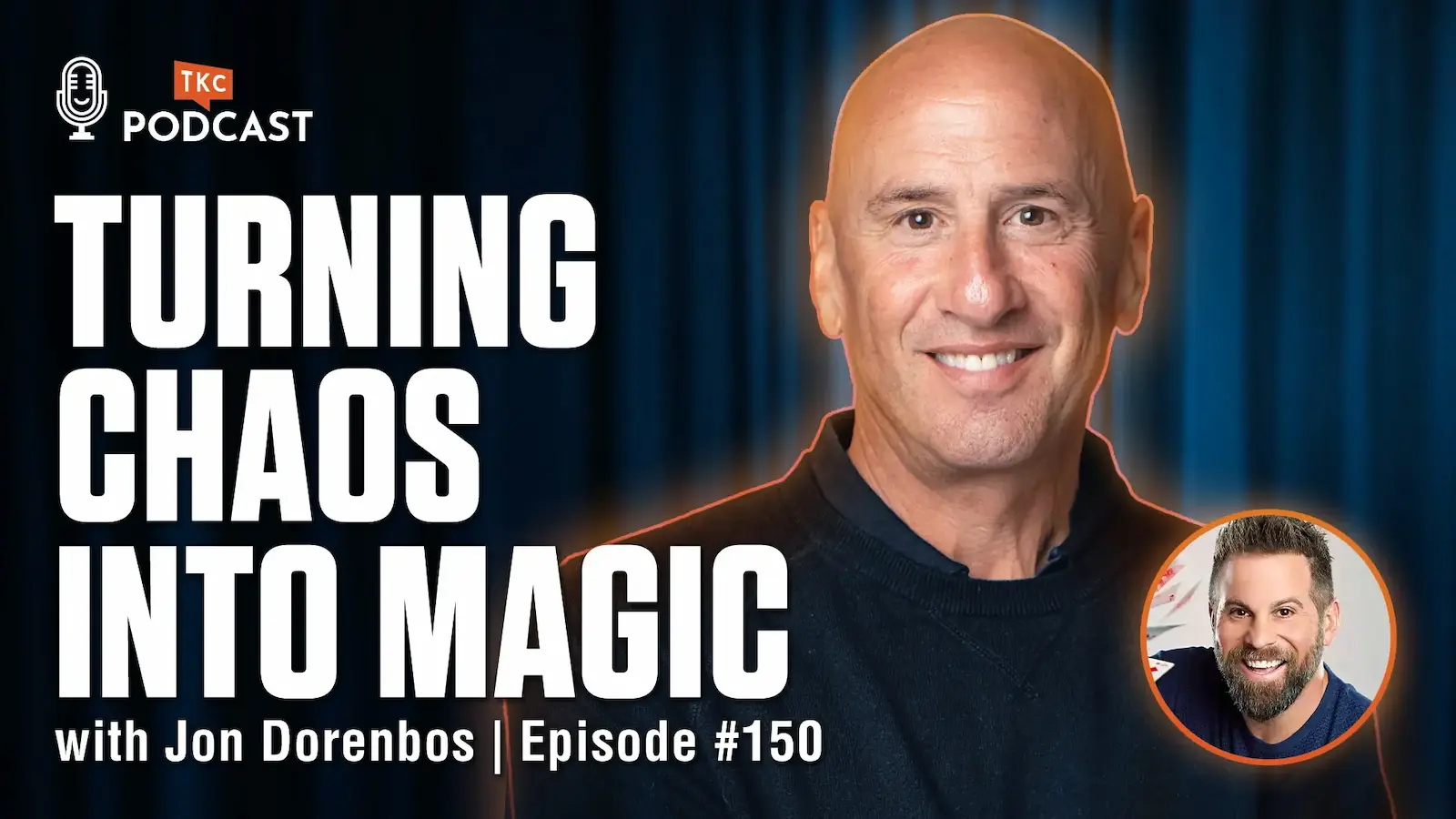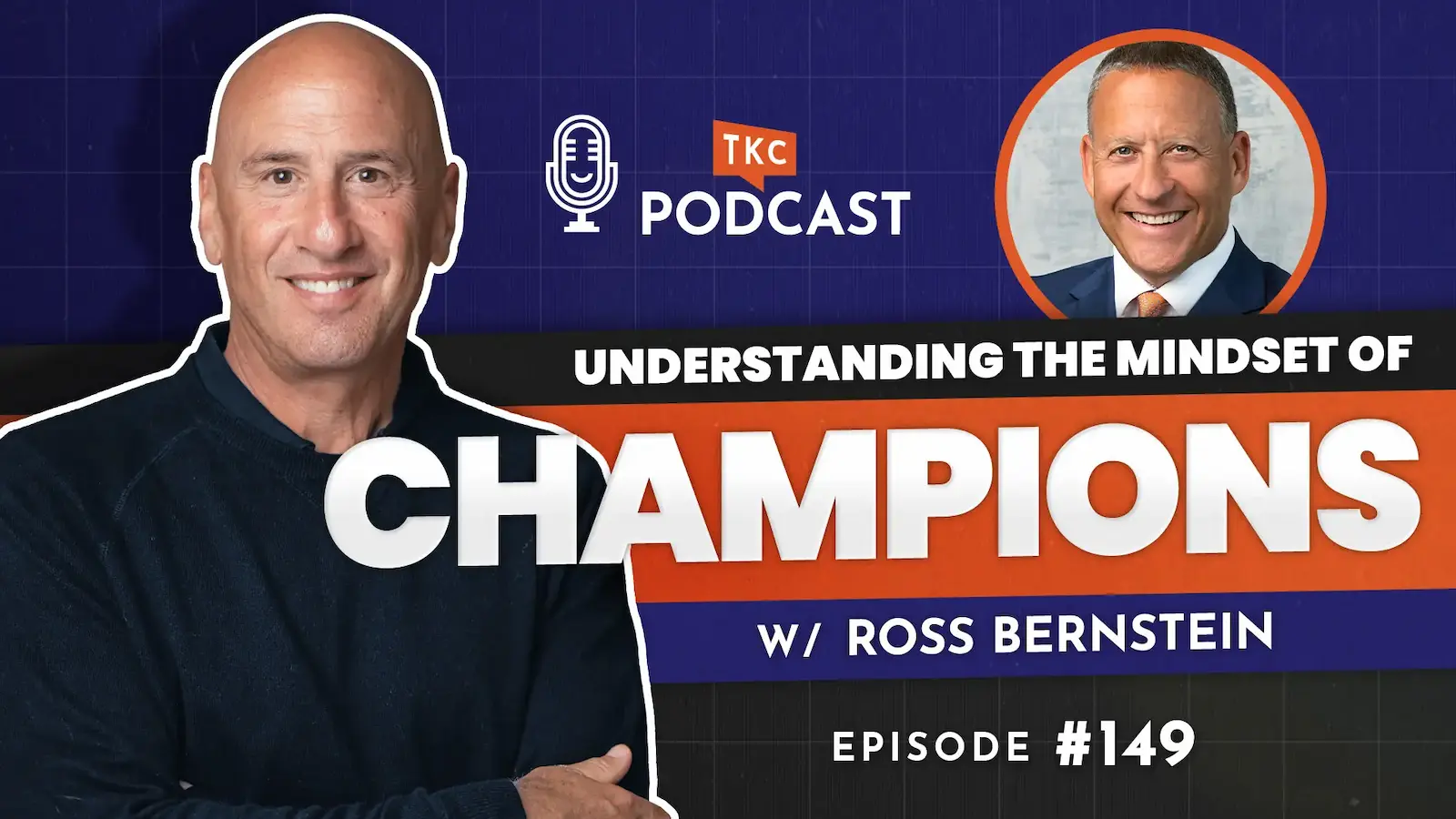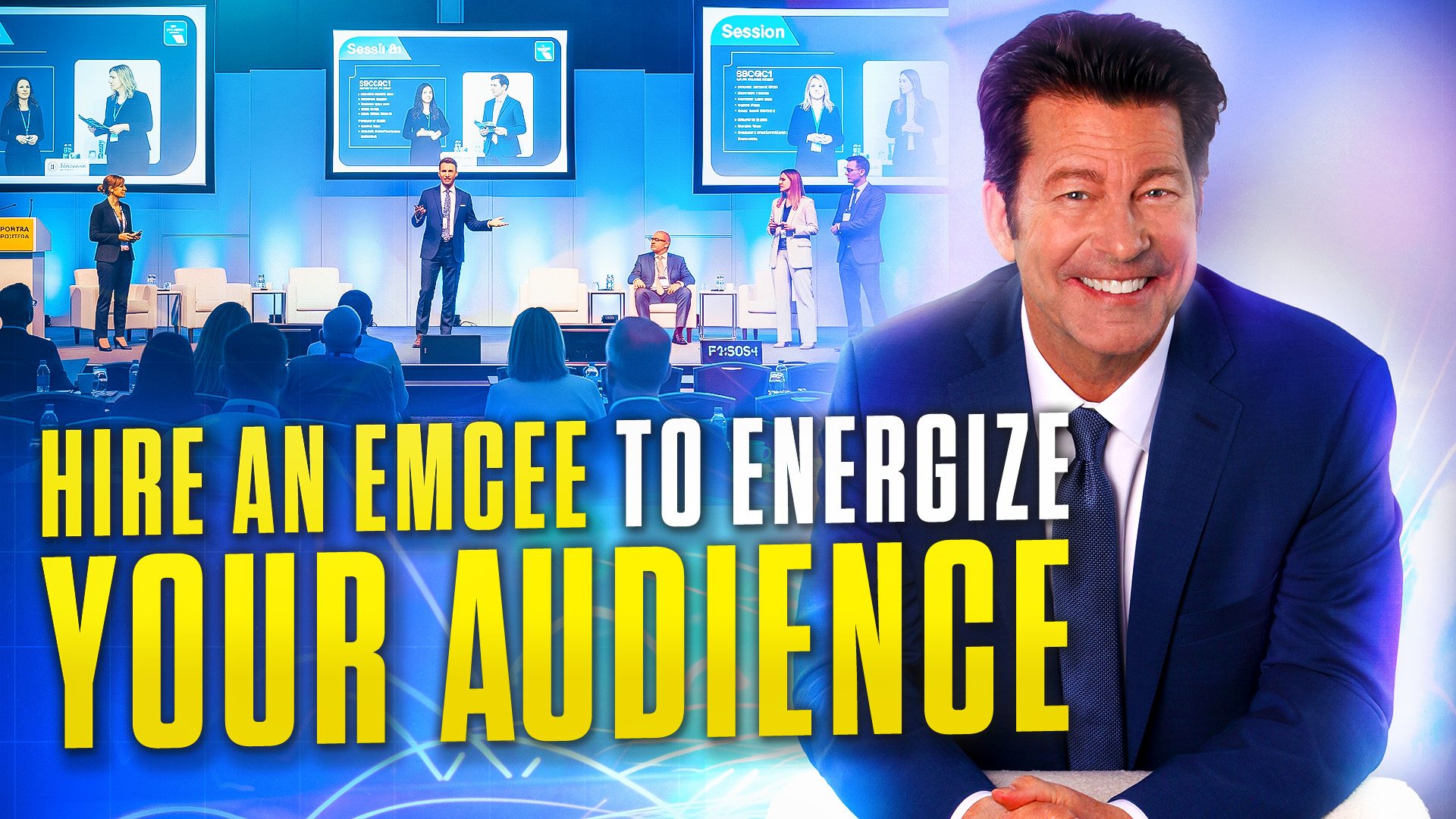
October 21, 2024How You Can Lead Different Generations in The Workplace
Discover how different generations can strengthen team dynamics and improve workplace culture with insights from leadership keynote speaker Shane Feldman.
The Power of Generations: Building Stronger Teams Through Understanding ??
Let’s face it: different generations see the world through different lenses. In today’s diverse workforce, teams often comprise multiple generations, each with unique perspectives shaped by their experiences. When managing a multi-generational team, it’s crucial to recognize these differences, not as barriers, but as opportunities for growth and collaboration. Effectively bringing these diverse viewpoints together can elevate the entire team and help your company achieve its goals.
?? So, how can we enhance team dynamics by acknowledging and valuing the diverse perspectives across different generations? Inspirational keynote speaker Shane Feldman offers insights on how to foster stronger workplace cultures by embracing generational diversity, rather than neutralizing it. According to Shane, the secret lies in understanding individual frameworks and recognizing what makes each generation tick.
How Generational Perspectives Shape the Workplace
Every generation has grown up with a different set of circumstances, shaping how they view the world and interact in the workplace. As Shane Feldman explains, “Every generation sees the world through a different lens, much like growing up in a different country gives you the ability to look at the world through a different lens.” This diversity in perspectives can either be a source of conflict or a powerful asset, depending on how it’s managed.
When it comes to leadership, understanding how these generational frameworks operate is key to bringing the best out of each team member. The challenge for today’s leaders is not only to manage tasks and projects but also to recognize what drives and motivates individuals from various generations.
Feldman emphasizes that great leaders make an effort to understand the unique viewpoints of each person on their team. This goes beyond acknowledging age differences—it’s about meeting people where they are and recognizing what they need to succeed. Leadership keynote speakers like Shane help leaders see the value in leveraging different generational perspectives for a stronger, more cohesive workplace.
Recognizing Individual Frameworks Across Generations
One of the most significant challenges in managing a multi-generational team is applying a one-size-fits-all approach to recognition and rewards. People, regardless of their age, respond differently to praise and recognition based on their personality and, often, their generational traits.
“If you’re recognizing everyone the same way, you’re going to put some people in uncomfortable spots,” says Feldman. “Some people love being in the spotlight. Others would prefer just a quiet note saying, ‘thank you so much, you did excellent today.’”
This is where understanding generational frameworks becomes essential. Baby Boomers, for example, may value public recognition and traditional rewards, while Millennials and Gen Z may appreciate more personal, meaningful forms of acknowledgment. The best leaders understand these nuances and tailor their approaches to meet the needs of their diverse teams. As Feldman points out, “We need to put in the time and effort to really get to know our people—how they want to be recognized, how they want to be celebrated, and what kind of support they need.”
When leaders take the time to understand and acknowledge these generational differences, they build stronger relationships with their teams. This kind of attention leads to increased trust, rapport, and long-term commitment from employees, regardless of their age.
The Creative Act of Acknowledgment
As Shane Feldman discusses, acknowledgment is not just a task—it’s a creative act. In today’s fast-paced, often cynical world, people can be skeptical of praise, wondering if there’s an ulterior motive. True acknowledgment, however, builds trust and fosters loyalty when it’s genuine and thoughtful.
“You know, acknowledgment is a creative act,” notes Seth Dechtman during his conversation with Feldman. “In a cynical, resigned world, a lot of people, when they receive acknowledgment, are like, ‘Hmm, what does Shane want?’” It requires creativity and authenticity to ensure recognition resonates with each individual.
Leaders need to craft their acknowledgment in ways that feel sincere and tailored to the recipient. For some, this may mean public praise during a team meeting. For others, a private thank-you note or a personalized message may hold more weight. Understanding the best way to acknowledge each generation is a crucial skill for modern leaders, and it’s a lesson inspirational keynote speakers like Feldman share in their talks.
By recognizing each team member in a way that aligns with their generational preferences and individual personality, leaders can inspire loyalty and boost morale, which ultimately leads to higher productivity and team cohesion.
Fostering Inclusion Through Generational Awareness
When leaders recognize the value of different generational perspectives, they create a more inclusive and supportive work environment. Leadership keynote speakers often emphasize the importance of inclusion, not just in terms of race, gender, or background, but also generational inclusion.
Generational diversity offers a wealth of knowledge, experience, and fresh ideas that can benefit any organization. Younger employees bring new approaches and a familiarity with modern technology, while older team members offer valuable experience and strategic insights. Blending these perspectives can create a dynamic, innovative environment where everyone feels valued and heard.
To foster this kind of inclusion, leaders must not only be aware of generational differences but also actively seek to incorporate them into their team’s culture. As Feldman mentions, “We need to be mindful of avoiding broad generalizations about generations, as they can lead to misunderstandings.” Instead, leaders should treat each person as an individual while considering how their generational background influences their work style and communication preferences.
By doing so, teams can turn potential friction points into opportunities for learning and growth, making the workplace a more harmonious and effective environment.
Bringing Generations Together for Success
In today’s multi-generational workforce, successful leadership means finding ways to unite different perspectives toward a common goal. As leadership keynote speaker Shane Feldman demonstrates, the key lies in understanding, appreciating, and leveraging those differences rather than trying to neutralize them.
By fostering a culture of recognition, creative acknowledgment, and inclusion, leaders can bridge the generational gap and build stronger, more dynamic teams. This not only improves workplace culture but also drives better business outcomes.
Ready to learn how generational awareness can elevate your team? Hire Shane Feldman, an expert in fostering collaboration across generations, for your next event.
? Want to discuss ideas? Find a time here.
? Drop me a line: info@thekeynotecurators.com
Discover More Insights
Get in TouchContact US
Fill out the form so we can best understand your needs.
A representative from The Keynote Curators will reach out to you.








